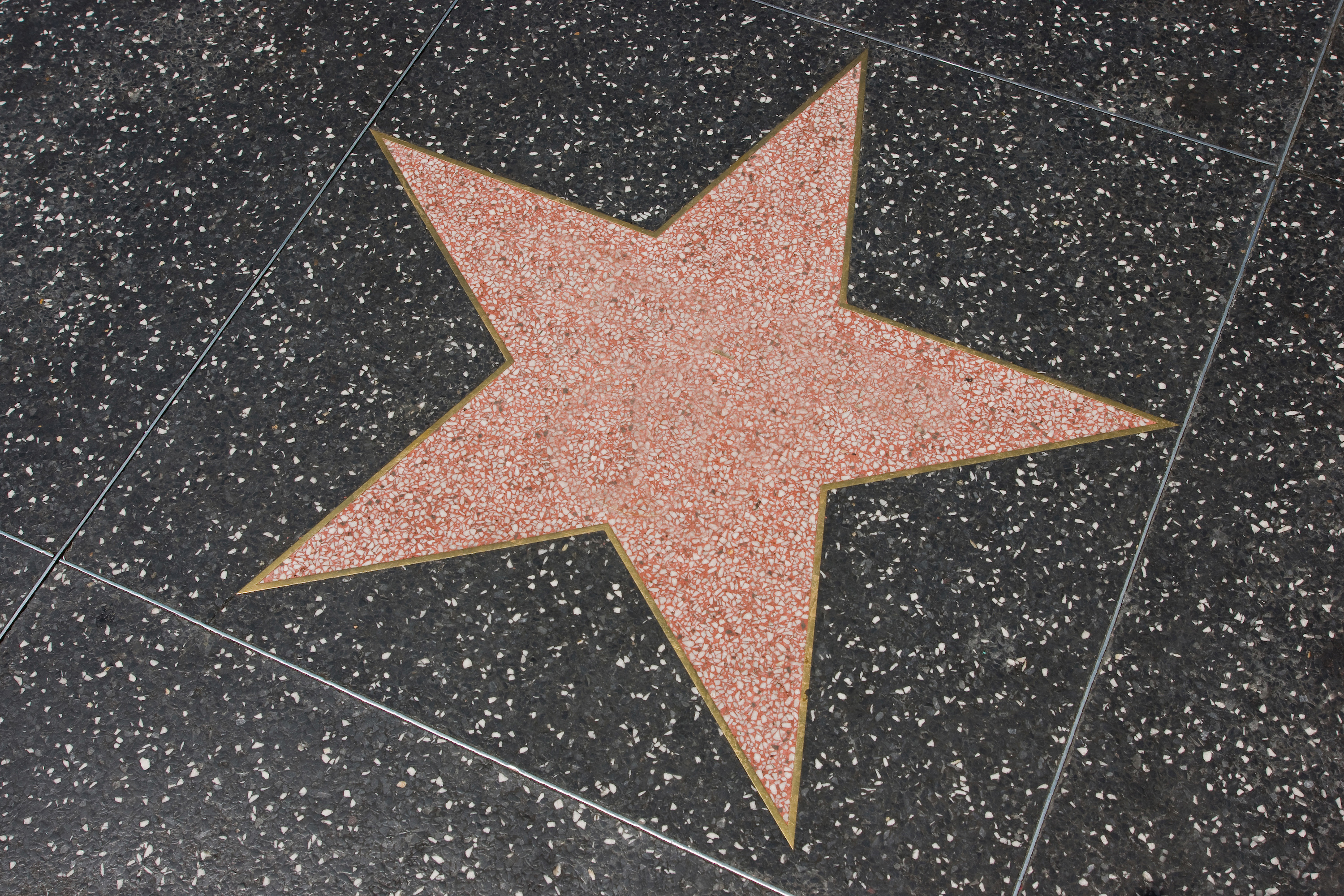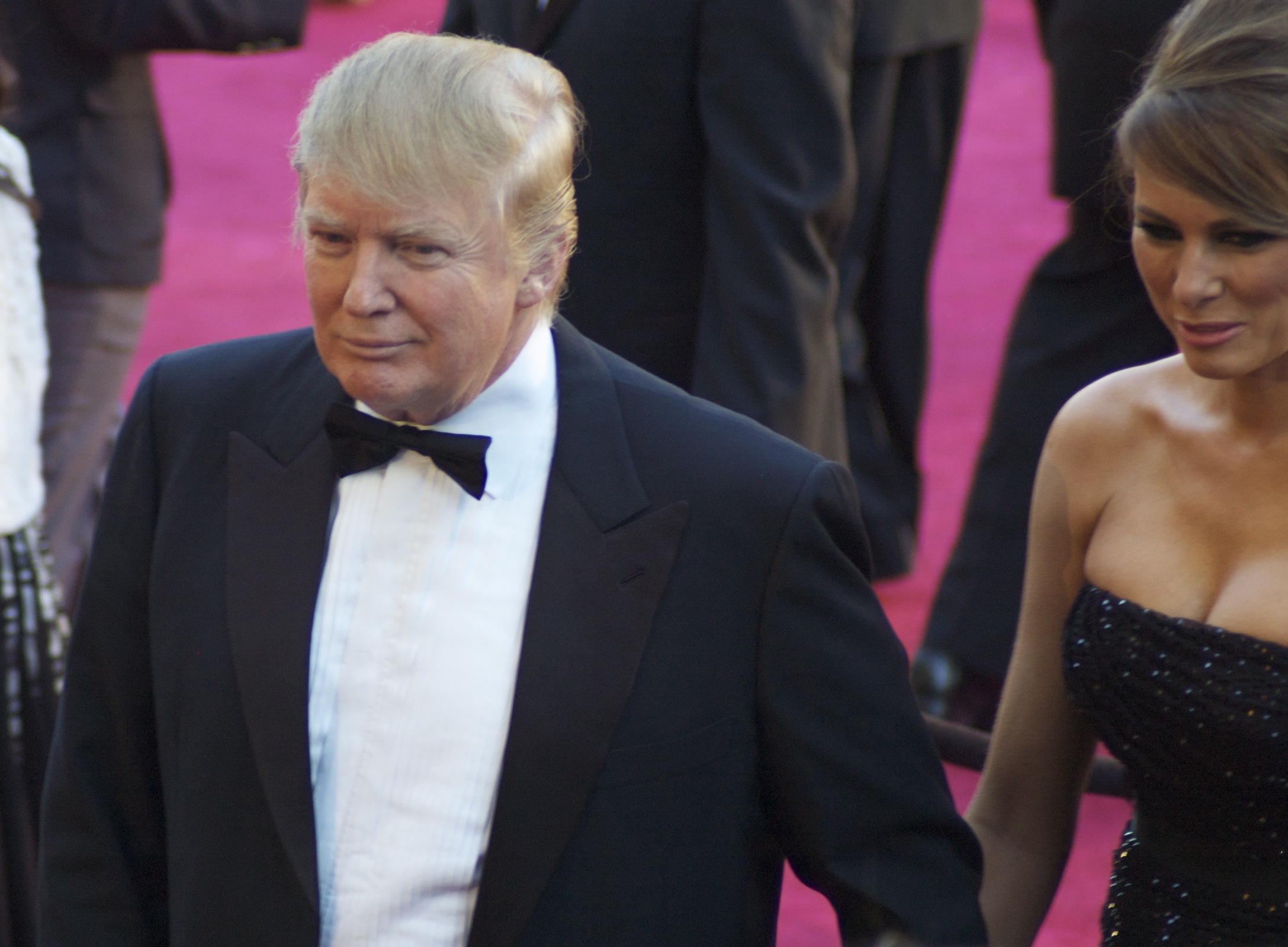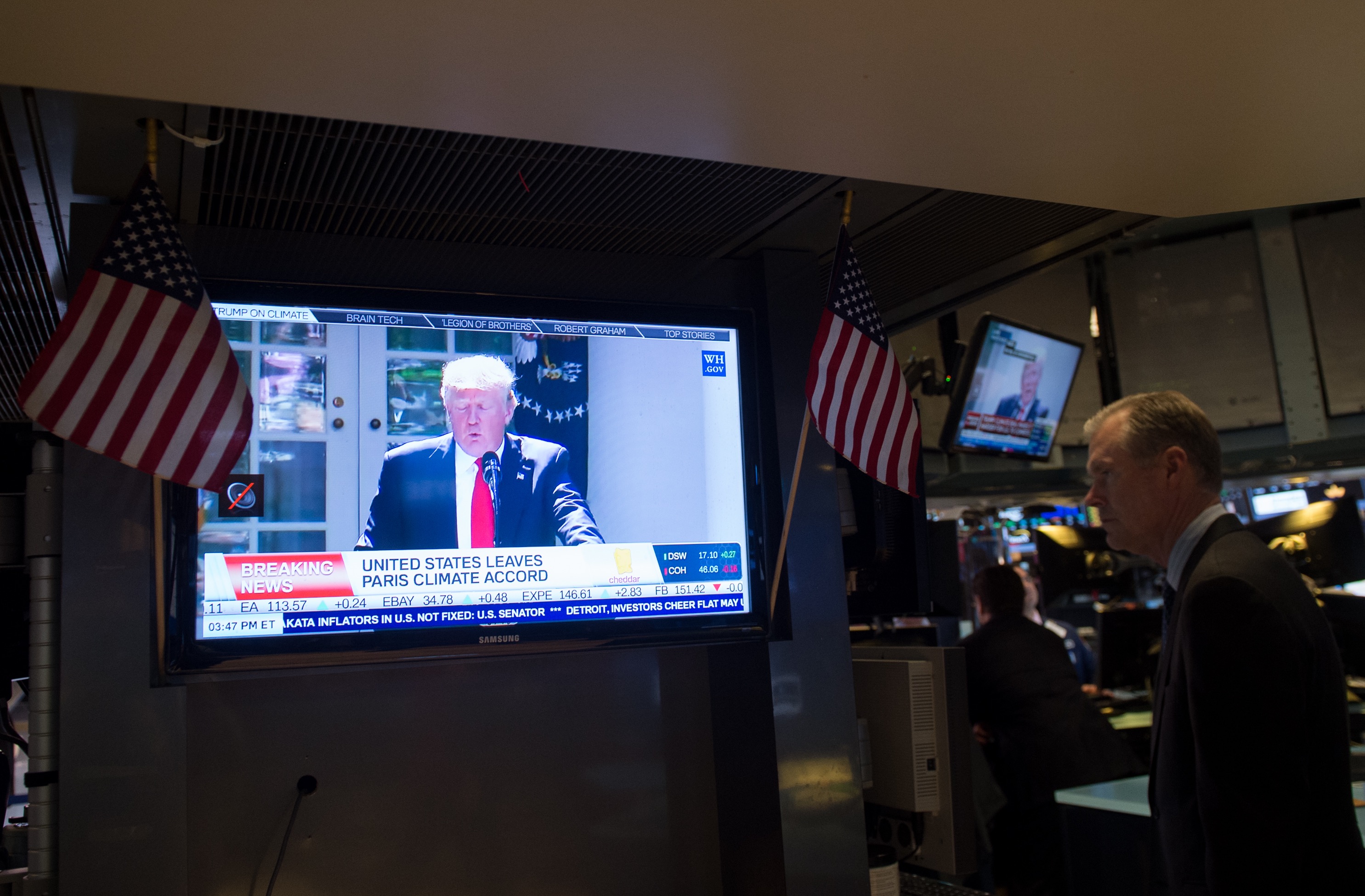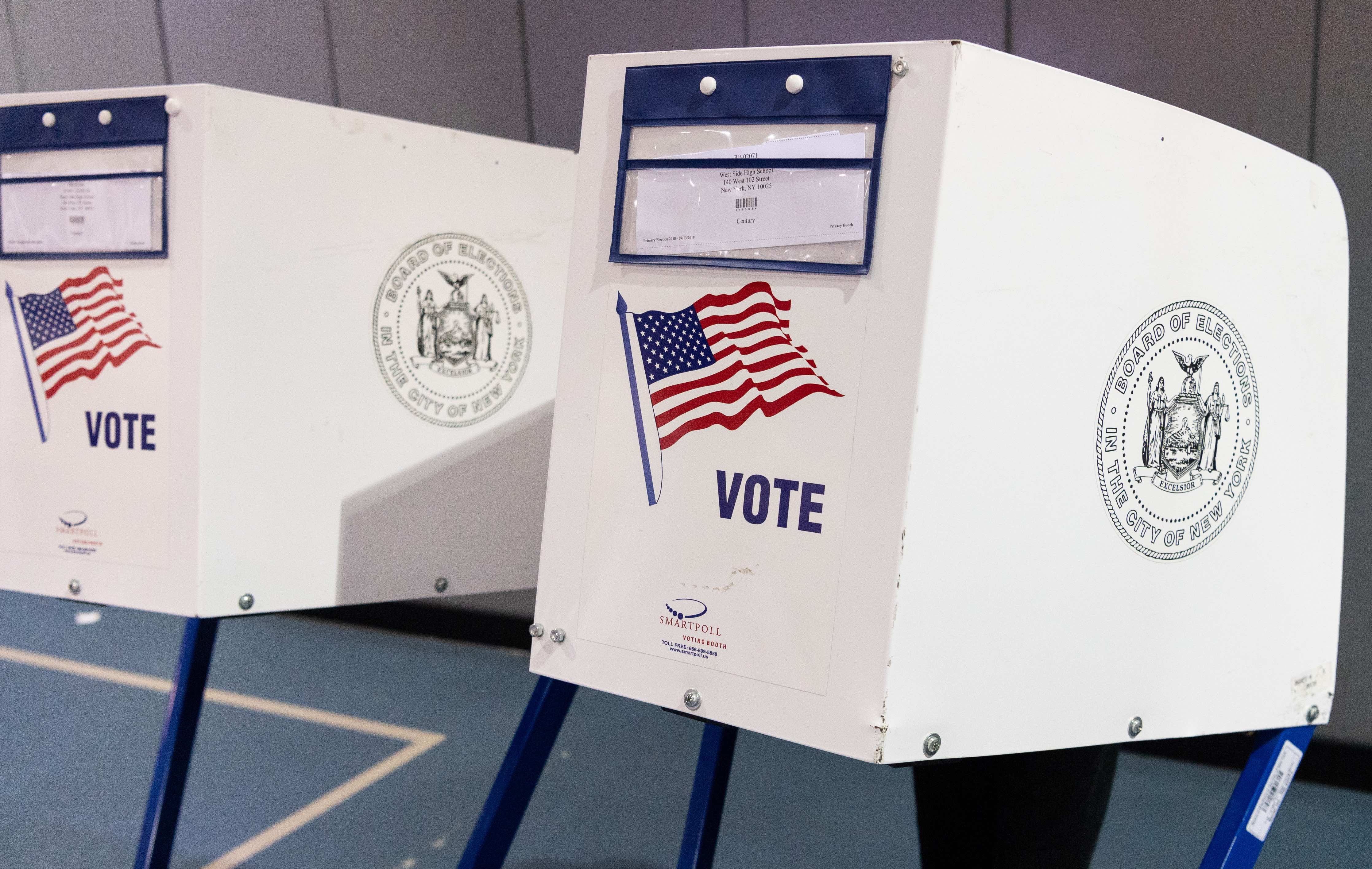
Business & Economics
Trump v Clinton: The stark choice facing the United States

The billionaire candidate’s success is ushering in a new era of celebrity politicians and the media will have to get a grip
Published 22 August 2016
Donald Trump is only the beginning.
America has already seen celebrities such as pro wrestler Jesse Ventura and body building actor Arnold Schwarzenegger make it as state governors. Are celebrity politicians the new normal?
Award-winning US journalist and author Matt Bai, who is National Political Columnist for Yahoo News and had a cameo role in hit political TV drama House of Cards, said Mr Trump had capitalised on a media glued to entertainment and ratings. And other ambitious celebrities are watching.
“We are entering a period where traditional paths of politics won’t matter, and we as a media have to evaluate what it is we need to be covering about people, and what kind of scrutiny we need to bring to the process,” Mr Bai told a seminar at the University of Melbourne’s Centre for Advancing Journalism.

“If Trump loses and goes away, he isn’t the end of something, he is the beginning of something,” he said. “I don’t know who they are, but I assure you that there are actors, tech-billionaires and athletes watching this from home and thinking ‘I can do that, I can do it better, I can be more credible and I actually have something I want to do with the country’.”
Mr Bai said Mr Trump’s candidacy had been made possible by a “collision of politics and entertainment”, in which contemporary culture had become focused on the narrative stories of politicians rather than the substance of policy.
“Trump is the perfect embodiment of the entertainment culture in our politics and we as the media make that possible,” Mr Bai told the audience.

Business & Economics
Trump v Clinton: The stark choice facing the United States
In what was a crowded Republican Party primary contest, where there were initially 17 candidates, Mr Bai said the media focused on Mr Trump because of his entertainment value.
That starved the other candidates of oxygen and aided Mr Trump’s campaign.
That was despite, Mr Bai argued, Mr Trump having no ideology other than the promotion of his own brand. In effect, he said Mr Trump had simply “borrowed” the Republican Party.
“Trump is a pure entertainer, that is his ideology,” Mr Bai said. “He wants to exploit the emotion in a room and he wants to hear the applause, and be talked about and validated. That, I believe, is the only thing that drives him.”
Mr Bai said Mr Trump had exploited a general fear in America over the pace of change and the loss of jobs as economies globalised and automated.
This fear had been further fanned by the 2001 terrorist attacks and the 2008 financial crisis. He said politicians had so far failed to squarely address this fear, alienating a large section of the electorate that Mr Trump had targeted.

“He heard this intense fear and found a place to put the blame – found a place to put the blame on immigrants, found a place to put the blame on political correctness, on liberal culture.
“There is a sort of smug rush to thought policing that has been going on in liberal quarters of America now for quite a while … that people have lived with for long enough and Trump is giving them an outlet to voice their rage about that.
“People are scared and trying to work their way through a wrenching transformation and when you don’t give them a vision for where we need to go and how we get there, then you invite someone like a Donald Trump to fill that vacuum … but I don’t think he has the answer.

Politics & Society
Virtual reality bites back
“I think he is unleashing, exploiting and intensifying a very dangerous series of emotions without really offering anything by way of a persuasive solution.”
Mr Bai said Mr Trump had also benefited from a broken primary election system in which fewer and fewer people were members of parties and actually voting. As a result the voice of the broader centre wasn’t being heard.
He noted the New York Times had estimated that Mr Trump and Democrat challenger Hilary Clinton only secured nine per cent of the combined national vote in winning their respective nominations.
“The primary system as it is currently constituted has outlived its usefulness.”
Can Mr Trump go all the way and win the presidency? Mr Bai said history was against a Democratic win, noting that only once since 1951, when the Constitution was changed to limit any President to two terms, had a party won three consecutive terms in the White House – that was George Bush Snr in 1988.

But he said Mr Trump’s failure so far to become a more inclusive candidate meant it would be difficult for him to win.
“There are historical currents working against Clinton – she is a very distrusted nominee, and a very middling retail politician who has articulated a very muddled set of convictions for the presidency quite honestly,” Mr Bai said.
“But I think Trump had to make a turn, he had to be a better, more legitimate, more inclusive candidate and he hasn’t. That frankly surprised me and I came to the conclusion that he lacked the capacity to do that.
“We have at least two and probably three debates to go through which can be very important, especially given how entertaining he can be for people, but I think that window (for Trump) is closing.”
Banner: Pixabay